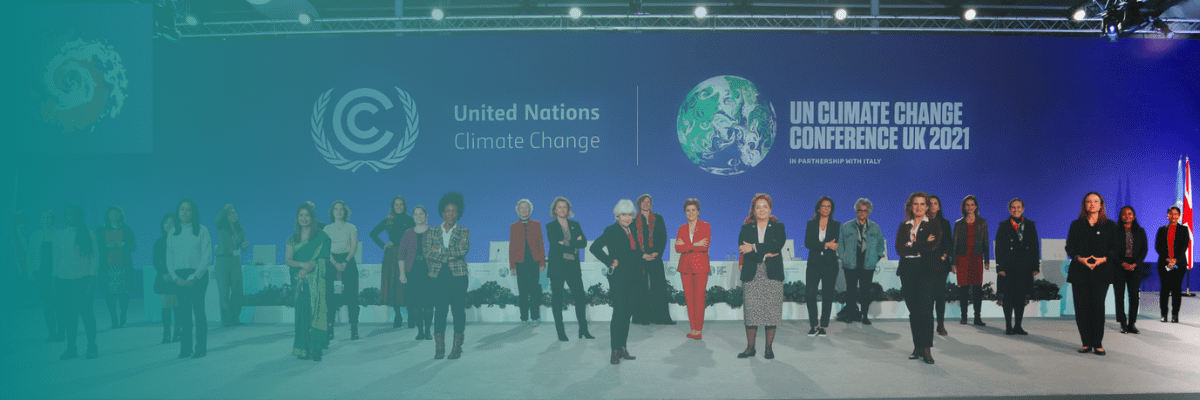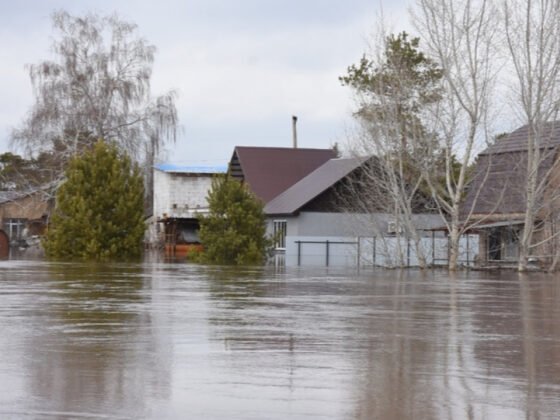Abstract: Few, if any, political scientists currently study climate change adaptation or are even aware that there is a large and growing interdisciplinary field of study devoted not just to mitigating greenhouse gas emissions but to reducing our vulnerability to the now-inevitable impacts of climate change. The lack of political science expertise and research represents an obstacle for adapting to climate change, because adaptation is fundamentally political. Technical advances in adaptations for infrastructure, agriculture, public health, coastal protection, conservation, and other fields all depend on political variables for their implementation and effectiveness. For example, adaptation raises questions about political economy (adaptation costs money), political theory (adaptation involves questions of social justice), comparative politics (some countries more aggressively pursue adaptation), urban politics (some cities more aggressively pursue adaptation), regime type (democracies and authoritarian regimes may differently pursue adaptation), federalism (different levels of government may be involved), and several other fields of study including political conflict, international development, bureaucracy, migration, media, political parties, elections, civil society, and public opinion. I review the field of climate change adaptation and then explore the tremendous contributions that political scientists could make to adaptation research.





